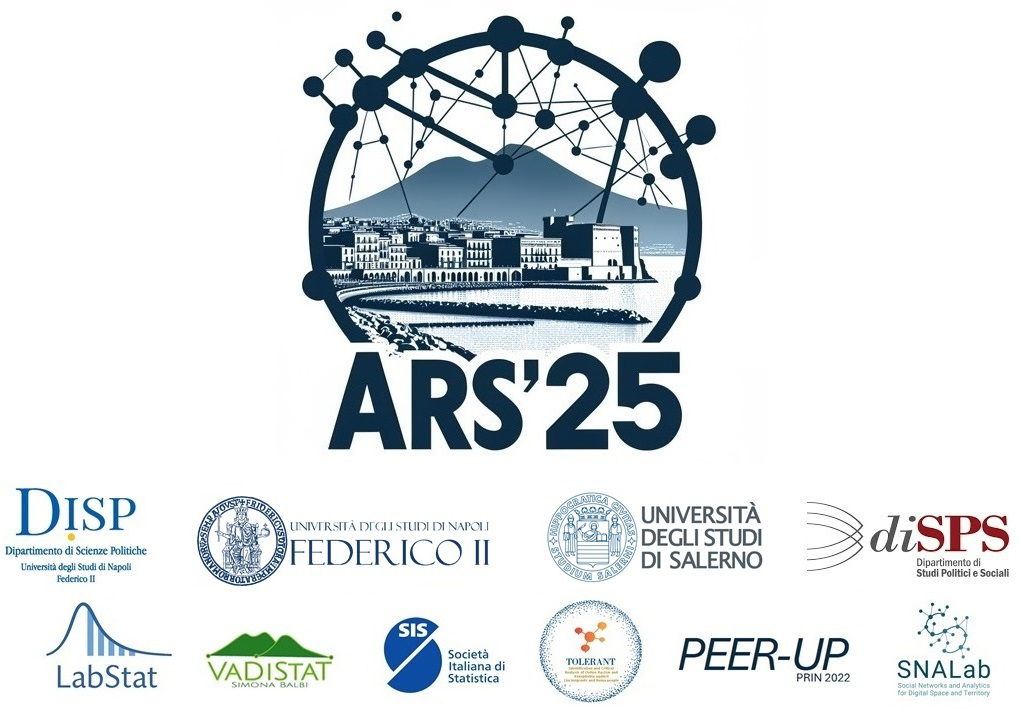Speaker
Description
Mathematical research in Russia has had a substantial impact on multiple areas within mathematics as well as on disciplines beyond it. The work explores the publication patterns of Russian mathematicians using data from the Web of Science (WoS) database, aiming to understand how their contributions have evolved over time and what factors have influenced these dynamics.
We analyze publication trends across various subfields (both theoretical and applied), highlight the shifts in international collaboration, and examine citation impact as a proxy for global influence. Special attention is given to periods of decline and resurgence, and particularly the post-Soviet era and the recent renaissance in foundational areas such as topology, dynamical systems, and algebraic geometry. The study considers how geopolitical shifts, institutional changes, and evolving research priorities have shaped scientific output. Moreover, we apply new centrality measures that take into account parameters of vertices.
The research also seeks to identify leading figures and institutions, offering insights into how Russian mathematics maintains its relevance in the global research landscape. We aim to better understand not only the trajectory of a national scientific tradition but also the broader, non-linear nature of mathematical development.
Keywords/Topics
bibliometric analysis, mathematics in Russia, centrality measures

